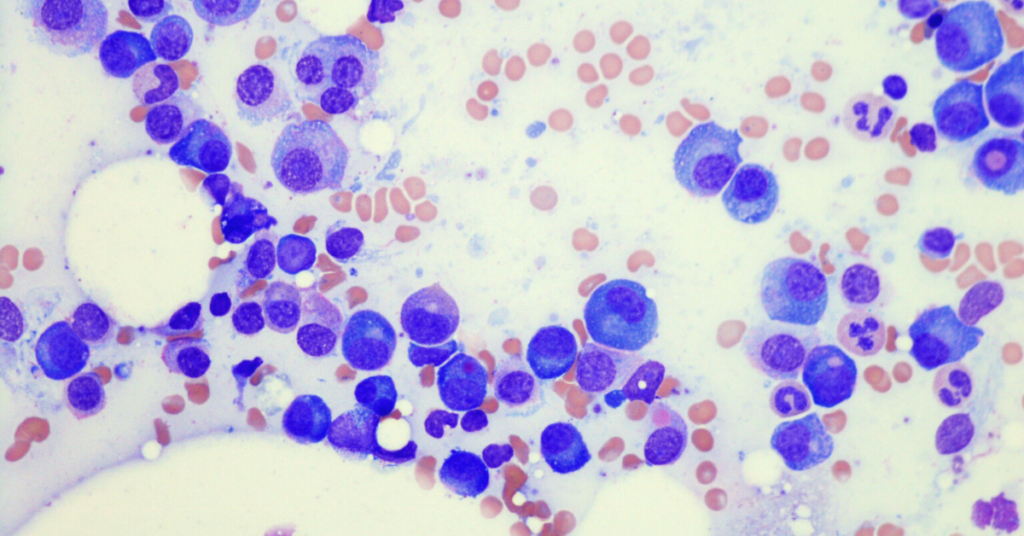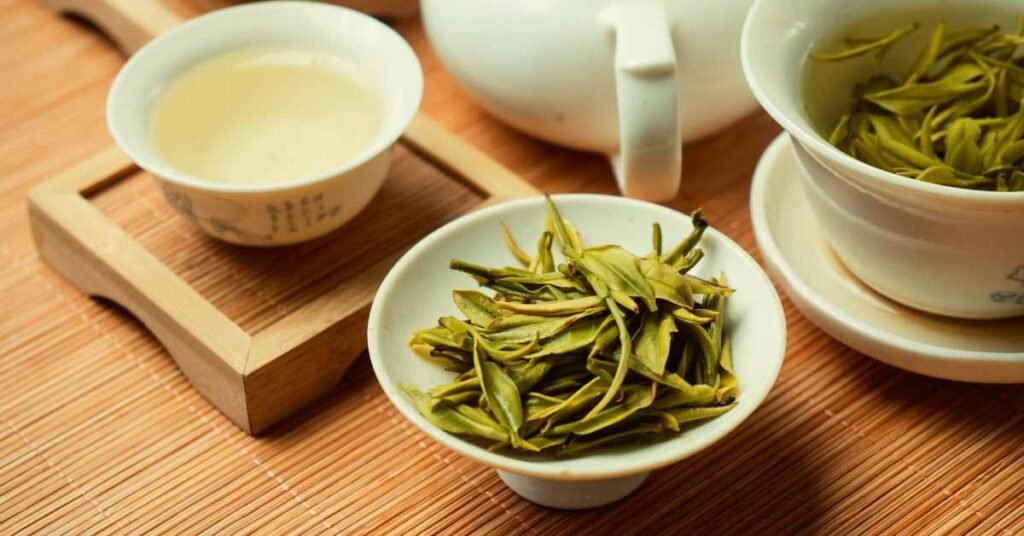Tea, a beverage deeply embedded in cultures across the globe, has transcended its role as a simple drink to become a subject of scientific exploration in the realm of health and wellness.
Among the myriad health benefits attributed to tea, its potential role in supporting individuals with multiple myeloma has gained attention in recent years.
Multiple myeloma, a form of cancer that affects plasma cells in the bone marrow, presents numerous challenges for patients and healthcare professionals alike.
In this article, we delve into the fascinating world of tea and its potential therapeutic effects on multiple myeloma.
Understanding Multiple Myeloma

Before delving into the potential benefits of tea for multiple myeloma, it’s essential to comprehend the nature of the disease.
Multiple myeloma is a type of cancer that arises in plasma cells, which are a crucial component of the immune system found in the bone marrow.
These malignant plasma cells can crowd out healthy blood cells, leading to complications such as anemia, weakened bones, and impaired immune function.
Tea and Cancer-Fighting Properties
Tea, derived from the leaves of the Camellia sinensis plant, contains a rich array of bioactive compounds that have been studied for their potential anti-cancer properties.
Polyphenols, particularly catechins, are potent antioxidants found in tea that have been associated with various health benefits, including anti-inflammatory and anti-cancer effects.
Several studies have explored the potential of tea polyphenols in preventing and inhibiting the growth of cancer cells, making it a subject of interest for those seeking complementary approaches to cancer management.
Green Tea and its Active Compounds

Among the different types of tea, green tea stands out for its high concentration of polyphenols, particularly epigallocatechin gallate (EGCG).
EGCG, a potent antioxidant, has been the focus of numerous studies exploring its potential anti-cancer effects.
Research suggests that EGCG may interfere with the growth and survival of cancer cells, making it a promising candidate for inclusion in the holistic approach to managing multiple myeloma.
Inhibition of Tumor Growth
One of the key challenges in multiple myeloma is the uncontrolled growth of malignant plasma cells.
Studies conducted on various cancer types, including multiple myeloma, have indicated that tea polyphenols may exhibit anti-proliferative effects, slowing down the growth of cancer cells.
While more research specific to multiple myeloma is needed, the preliminary findings are encouraging and warrant further investigation into the potential role of tea in inhibiting tumor growth.
Enhancing Immune Function
Tea consumption has been linked to improved immune function, a crucial aspect for individuals undergoing cancer treatment.
The immune system plays a pivotal role in recognizing and eliminating abnormal cells, including cancer cells.
Certain compounds in tea, such as catechins, may bolster the immune response, providing an additional layer of support for individuals navigating the challenges of multiple myeloma.
Reducing Inflammation and Bone Health

Multiple myeloma often manifests with inflammation and bone-related complications.
Tea, with its anti-inflammatory properties, may contribute to alleviating inflammation, potentially offering relief to patients dealing with the discomfort associated with the disease.
Additionally, research has suggested that tea consumption may have a positive impact on bone health, which is particularly relevant for individuals with multiple myeloma who are susceptible to bone-related complications.
Managing Treatment Side Effects
The conventional treatments for multiple myeloma, including chemotherapy and stem cell transplantation, can cause various side effects that impact the overall well-being of patients.
Nausea, fatigue, and compromised immune function are common challenges faced by individuals undergoing these treatments.
The antioxidant and anti-inflammatory properties of tea may help manage some of these side effects, offering a natural and comforting remedy to complement conventional medical interventions.
Choosing the Right Tea
While the potential benefits of tea for multiple myeloma are promising, it’s essential to approach tea consumption as part of a holistic and balanced lifestyle.
Green tea, black tea, white tea, and herbal teas all offer unique profiles of bioactive compounds, and individual preferences may play a role in determining the most suitable option.
It’s advisable for individuals with multiple myeloma to consult with their healthcare providers before incorporating tea into their routine, especially if they are undergoing active treatment.
Final Word

Tea, with its rich history and diverse cultural significance, emerges as a potential ally in the journey of individuals facing multiple myeloma.
While research into the specific effects of tea on multiple myeloma is still in its early stages, the existing evidence on tea’s anti-cancer properties, immune-boosting effects, and potential to manage treatment side effects make it an intriguing subject for further exploration.
As we continue to unravel the mysteries of tea and its impact on health, it is important to approach these findings with cautious optimism, recognizing the need for more targeted research in the context of multiple myeloma.
In the meantime, incorporating a cup of tea into one’s daily routine may not only offer a moment of comfort but also contribute to the broader spectrum of holistic well-being for individuals on the challenging journey of multiple myeloma.
MEDICAL DISCLAIMER
Itsnevernotteatime.com cannot and does not contain medical/health advice. The medical/health information is provided for general and educational purposes only and is not a substitute for professional advice.




